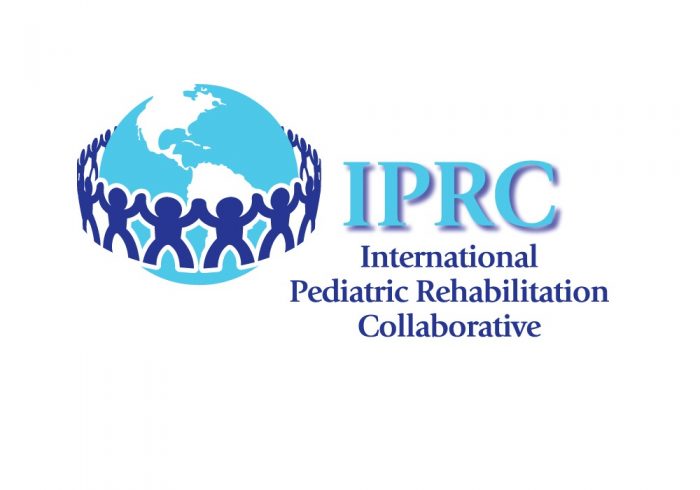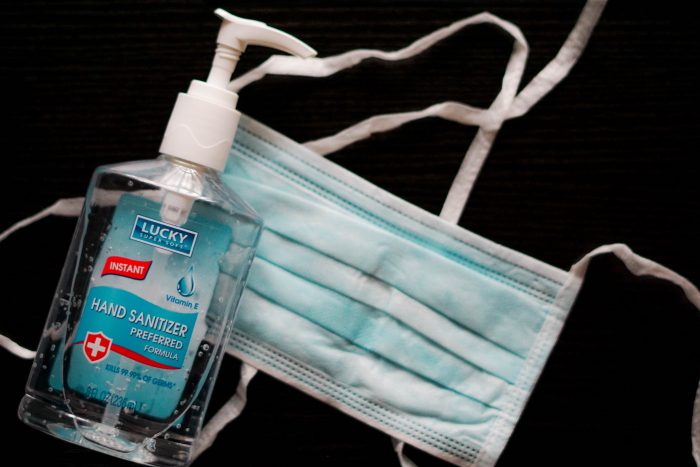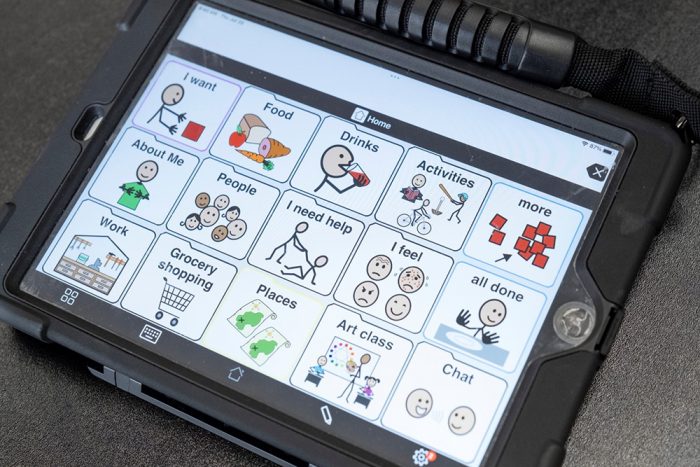IPRC Webinar: Understanding CARF’s New Standards for DoC
Tuesday, January 6, 2026
1:00 pm – 2:00 pm ET; 12:00 pm – 1:00 pm CT;
11:00 am – 12:00 pm MT; 10:00 am – 11:00 am PT
Register Here
Please join us as the IPRC hosts special guest Terry Carolan from CARF International, who will share the new Disorders of Consciousness Program Standards.
Presenter Bio:
Terrence Carolan
Terrence Carolan, Managing Director of the Medical Rehabilitation and Aging Services accreditation areas at the Commission on Accreditation of Rehabilitation Facilities (CARF), has more than 20 years of experience as a provider, administrator, and educator in the human services field. Terry joined CARF after working in clinical and administrative leadership positions within Select Medical’s Inpatient Rehabilitation Division and the Kessler Institute for Rehabilitation since 2001. Terry was a CARF surveyor for 10 years and holds a degree in physical therapy from Simmons College in Boston. He also recently completed his master’s degree in business administration from the University of Wisconsin-Eau Claire.
Objectives: At the end of this session, the learner will:
- Describe recent research and guidance on the treatment of individuals with Disorders of Consciousness (DoC);
- Discuss how CARF International has responded to guidance from the field to create Disorders of Consciousness Program Standards; and
- Analyze how new DoC accreditation and recent research will enhance access to rehabilitation for children with DoC in the future.
Audience: This webinar is intended for all interested members of the rehabilitation team; attendees do not need to be CARF certified in order to attend.
Level: Beginner-Intermediate
Certificate of Attendance: Certificates of attendance are available for all attendees. No CEs are available for this course.


















